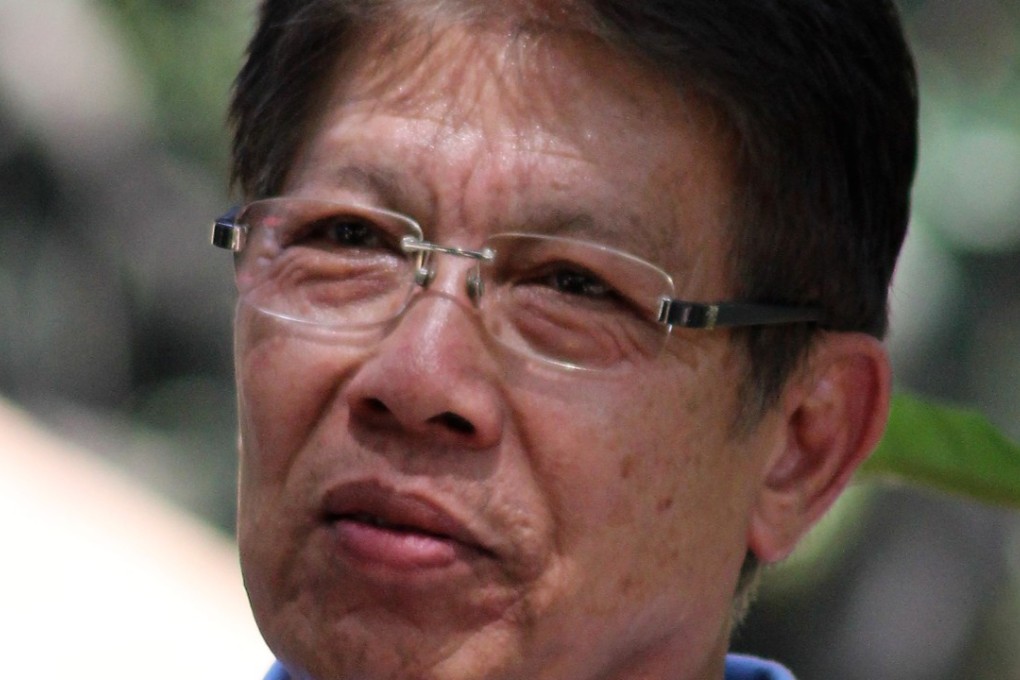Aristek Highpolymer aims to triple production capacity and grow adhesives segment

Founded on the cusp of the Asian financial crisis, Aristek Highpolymer had to leap past economic hurdles that beset the region just years since it was established. Now one of the front runners in the water-based resin business in Indonesia, the company marks 25 years of client-focused solutions for a variety of applications.
Specialising in polymer emulsions, acrylic solutions, alkyd resins and car care products, Aristek Highpolymer aims to approach perfection in developing customised synthetic resin products based on customers’ specific needs. Another strategy is turning the weakness of competitors into its strength by providing one-of-a-kind value-added solutions while lowering costs. These strategies, along with its strong research and development (R&D) focus, have allowed the company to gain long-term clients in construction, packaging manufacturing, waterproofing and other industries. Aristek Highpolymer is also developing products for wood coating, metal coating (direct to metal) and laminating.
“We understand what the market needs,” says Aang Handimulya Setiamihardja, president and director. “Through R&D, we are able to develop the exact products our customers want.”
Crediting its smooth operations to the trust given by banks, suppliers and customers, Aristek Highpolymer is expanding its R&D facilities in its 38,000-square-metre property. It is also building a new reactor in the site to integrate a full-automatic system and shift to Industry 4.0 standards by next year.
Coating is the most important segment for Aristek Highpolymer, comprising 60 per cent of its business. The company hopes to grow its adhesives segment from 30 per cent to 35 per cent in revenue share.
Aristek Highpolymer’s exports to Vietnam, the Philippines, Bangladesh, Pakistan and Malaysia cover 20 per cent of the company’s revenues, as the company seeks distributors in Myanmar, the Philippines and Vietnam. With the help of technologically adept partners, the company aims to triple its capacity from 35,000 to 100,000 metric tonnes annually.
“It is our objective to work and grow with our partners so that we conquer obstacles and find mutual success,” Setiamihardja says.